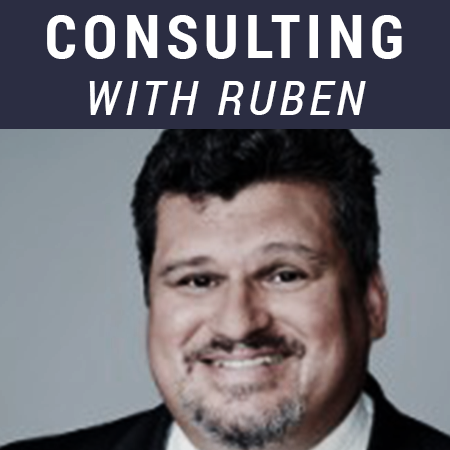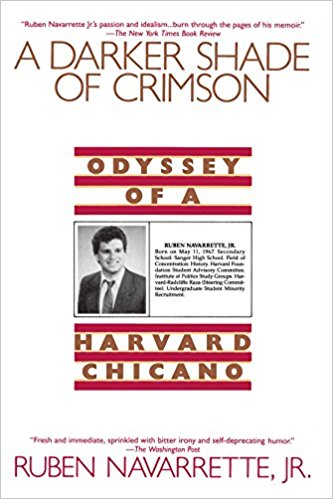Who broke the California governor’s race? Just about everyone, it seems.
Here are some takeaways from what turned out to be — in my crazy home state — an even crazier primary election than expected.
• Lt. Gov. Gavin Newsom — the top vote-getter with 33.4 percent — employed a cynical strategy that worked, perhaps too well for the long-term interests of Democrats. Newsom spent the last several weeks pumping up the leading Republican candidate, San Diego-area businessman John Cox, and largely ignoring his strongest Democratic opponent — former Los Angeles Mayor Antonio Villaraigosa. He clearly wanted to face Cox in the runoff of the top two vote-getters, and he had no desire to line up against Villaraigosa. At the start of this campaign, it appeared that Newsom — who looks like he stepped out of central casting for the role of California governor — would demonize President Trump. (In 2016, Californians voted for Hillary Clinton by a 2-to-1 margin.) But in the closing days of the primary, after the job numbers came in strong, Trump all but disappeared. Cox became the new boogeyman, portrayed as far out of step with the California mainstream. But Newsom’s game-playing appears to have come at a cost to the Democratic party, as many liberal voters stayed home. He’ll have to re-energize them in time for the November general election. It’s the peril that comes with being the majority party; your voters get bored, complacent and now cynical.
• Cox finished with 26.2 percent of the vote, a stronger showing than many observers expected. Some of Cox’s surge may have been due to Newsom’s Jedi mind games. But a better explanation is that, in a deep-blue state like California, Republicans were far more energized to vote than Democrats. The GOP circled the wagons around Cox like it was Custer’s Last Stand. You know how that turned out. Apparently unencumbered by core principles, he’ll be whatever you want him to be. Right-wing Republicans — many of whom would dearly love to make California white again — wanted Cox to breathe fire on immigration, and so he did. They wanted him to declare war on an illusionary state “sanctuary” law that supposedly stops federal immigration agents from apprehending illegal immigrants — except on days that end in “y” — and he did that too. However, now that Cox is in the runoff, he will likely dart back to the middle and market himself as a moderate in the general election. That could make the conservatives who got him this far less than enthusiastic about carrying him the rest of the way.
• Villaraigosa — who might have beaten Newsom had the two of them squared off in November, when Latino turnout will be higher — came up short with only 13.4 percent. According to exit polls, Newsom carved into both of Villaraigosa’s core constituencies: Latinos and Southern Californians. That’s impressive given that Newsom hasn’t done anything for either group. As for Villaraigosa, this could be the end of the road politically for someone who was once one of the most well-known Latino elected officials in America. The man has his gifts: a willingness to listen, emotional intelligence that is off-the-charts and an earnestness that leaves people rooting for him to succeed. But in the end, even in a state that is now about 39 percent Latino — or because of it — breaking through the tortilla ceiling and becoming California’s first Latino governor is a tall order. You can’t be all things to all people. Villaraigosa successfully wooed white farmers in Central California who normally vote Republican and took in millions of dollars in contributions from white billionaires pushing charter schools. But it’s hard to do that and still give the proper attention to Latinos back home in Southern California. Making history will have to wait.
Look, I’ve lived in California more than half my life. I love my home state, and I have something to compare it to because I’ve also lived in Massachusetts, Arizona and Texas.
I spent the night of the California primary wishing I were in Ohio, Michigan, Colorado or Virginia. In those too-close-to-call battleground states, both parties have to work hard because nothing is guaranteed.
Contact Washington Post Writers Group columnist Ruben Navarrette at ruben@rubennavarrette.com.





